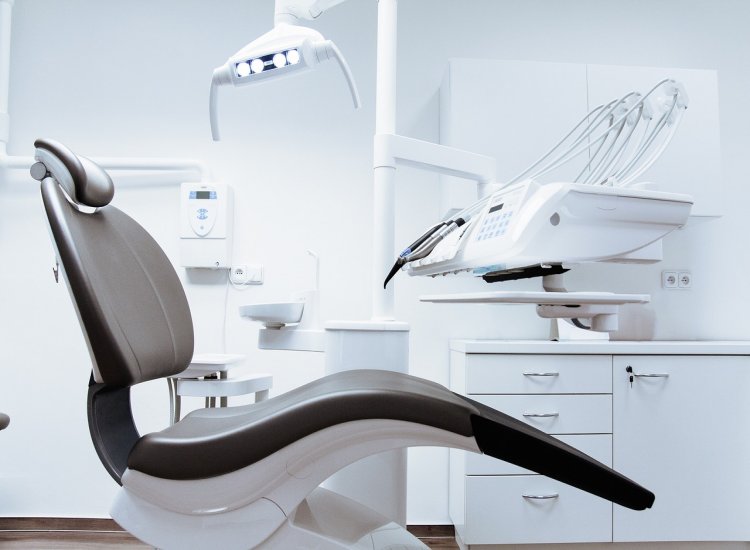

Dental hygiene is an important part of our overall health and wellness. A lack of regular dental care is associated with a higher risk of gum disease and tooth loss. But furthermore, poor oral health is associated with an increased risk of heart disease, stroke, diabetes, and other health conditions.
These issues can be avoided by following a good dental health routine, in addition to eating a healthy diet. Here are some tips on best practice and correct routines when it comes to looking after your teeth. Following this advice will help you to maintain a healthy and confident smile for many years to come.
Brushing your teeth
It is a well-known fact that we should all brush our teeth regularly but many people do not brush their teeth in the correct manner for the necessary amount of time.
Firstly, you should brush your teeth for two minutes, twice a day. This will reduce the risk of gum disease, bleeding gums, sensitive teeth, tooth decay, bad breath and several other health related problems. Wait to brush your teeth for at least 30 minutes after eating or drinking. This is especially important after consuming an acidic food or drink, as it can damage the enamel of the tooth.
How to brush teeth
An electric toothbrush can be more efficient but a manual toothbrush is sufficient for good oral hygiene as long as you are using the correct brushing technique.
When using a manual toothbrush, begin by placing the brush at a 45-degree angle, then move in circular motions from the gum line upwards, from the back of the mouth to the front. This will provide the maximum opportunity to remove food debris and plaque build up from your teeth. Do the outer side of the teeth first and then the inner side of the teeth. It is recommended that you spend 30 seconds per quarter or your mouth.
Using an electric toothbrush can be helpful as they are often fitted with timers and pressure sensors which will act as a guide for brushing your teeth. Follow the same method as above when using an electric toothbrush. Bear in mind, you don’t need to move the toothbrush in circular motions as the rotating head will do all the hard work.
We are all guilty of holding on to a toothbrush or brush head for too long, they should be replaced every three months, or even sooner depending on wear and tear for an optimum clean.
Importance of flossing
Flossing is an often-neglected part of our oral hygiene routine. Flossing allows access to hard-to-reach places that your toothbrush cannot get to.
To floss correctly, use about 15 centimetres of floss. Wrap the floss between your fingers so you have about 5 centimetres to work with. Place it between your teeth, and follow the contour of your tooth. Remove any debris before moving onto the next tooth. Brush immediately after flossing to remove any loose debris. It is recommended to floss one a day.
Is mouthwash necessary?
A mouthwash is not necessary if you have a really good hygiene routine in place. But if you do choose to use one, avoid this common mistake. Don’t use mouthwash immediately after brushing your teeth. Instead, use a mouthwash before brushing your teeth or at least a half an hour after brushing teeth. Toothpaste has benefits which offer lasting protection to your teeth. Therefore, it should be spit out, as opposed to rinsed out after brushing and the residue should remain on the teeth.
Eat well
One of the key aspects of caring for your teeth is eating a healthy, balanced diet. Acids and sugars can be harmful, even natural ones from fruits and juices. Eat everything in moderation. Avoid snacking, smoking and excess alcohol, which contain high levels or sugar and can stain teeth. Drink plenty of water.
Visit a dentist regularly
Even if you feel you have no current oral health problems, visiting a dentist regularly will ensure that you stay ahead in terms of preventing diseases and treating minor issues before they become larger problems. Try to schedule a visit to the dentist every six months as they will be able to provide the best information and recommendations for caring for your teeth.


